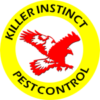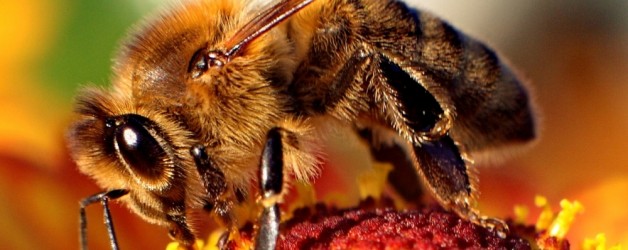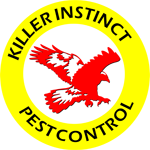As our ever increasing food and goods trade grows, our need for international and global trade continues to rise. This also allows the ever increasing spread of invasive insects which make life unmanageable for our native pollinators.
Non-native species are introduced by accident on the most part, but sometimes human intervention plays a role. Whichever mode of entry they have though, the spread of these insects can be devastating on the bee population. Second only to the loss of their habitat, invasive species of insect are the greatest threat to biodiversity.
When we say the term ‘invasive species’ it does not necessarily mean insects only, they also come in the form of plants, animals and even microbes. All invasive species however share common traits; they are by very definition non-native, they are ever increasing in prevalence and they have a dramatic negative effect on the native pollinators.
All across the UK, housing and re-generation projects are destroying habitats of the local bees, that combined with the use of pesticides on crop, invasive species and even climate change all having a negative effect.
We rely on our native bees like the European honey bee and the bumble bee to pollinate our crops and flowers. Some of our favourite foods even depend on the bumble bee, foods like tomatoes, blueberries and even peppers to name just a few.
So what’s the answer, and how can we help?
1) Buy local – wherever possible by from UK suppliers with UK grown crop, I understand that we cannot grow everything here in sunny Britain that we consume on a daily basis, but the less we buy from markets outside our shores the better for reducing the ingress of the non-native species thus protecting our own habitats.
2) Buy organic – by avoiding foods which have been treated with pesticides, in particular neonicotinoids, which have a devastating effect on bees. If we the consumer are purchasing more products with an organic label then the farmers and supermarkets will be forced to produce the healthier, bee friendly foods.
3) Let your garden grow wild! – We are all a little guilty of this in the summer months, every bush and plant is trimmed neat and within an inch of its life (because it looks tidier) and lawns are cut short with beautiful line because ‘it looks nice’. By allowing the garden to grow more natural and keeping things a bit rough round the edges it provides much need resources for the bees!
4) Plant native wildflowers – I get it, we all work long hours and the thought of relaxing on the weekend surrounded by low maintenance beautiful flowers in the garden is very appealing. But the plants are often non-native species and sometimes the bees will avoid them and opt for the ever declining native flowers. A simple change in spring time when deciding what to plant for the coming year will have a huge effect on bee numbers. Make this one change and you will see!
I hope you have enjoyed the article,
Dan James
Killer Instinct Pest Control


